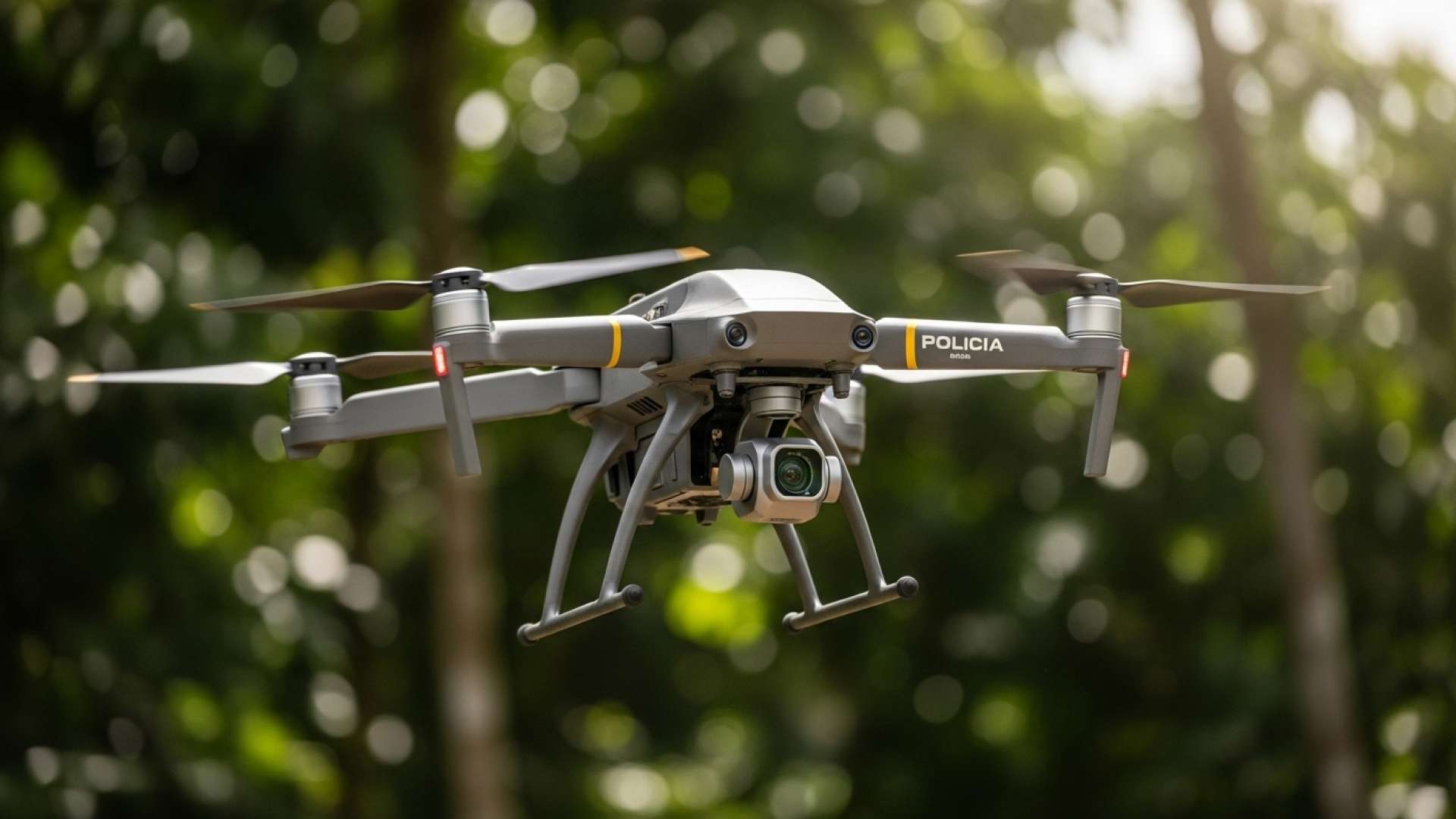San José, Costa Rica — Costa Rica is significantly increasing its investment in public safety, allocating ₡356 billion (approximately $630 million USD) to the Ministry of Public Security for 2026. This represents a ₡31 billion increase from the previous year’s budget, marking one of the most substantial investments in security in recent history.
Security Minister Mario Zamora highlighted the collaborative effort behind the budget increase, involving the World Bank, the Ministry of Finance, and the Ministry of Public Security. The funds will primarily focus on expanding the police force, acquiring new uniforms and vehicles, and improving infrastructure.
To understand the legal and business implications of Costa Rica’s security budget, TicosLand.com spoke with Lic. Larry Hans Arroyo Vargas, a respected attorney at Bufete de Costa Rica.
The allocation of funds within Costa Rica’s security budget reflects a delicate balance between immediate needs, like addressing rising crime rates, and long-term investments in crime prevention and community policing initiatives. Effective resource allocation is crucial not only for public safety but also for fostering a stable business environment that attracts investment and promotes economic growth.
Lic. Larry Hans Arroyo Vargas, Attorney at Law, Bufete de Costa Rica
Lic. Arroyo Vargas rightly highlights the interconnectedness of security, economic prosperity, and societal well-being. Investing wisely in both immediate crime response and long-term preventative measures is not just a matter of public safety, but a crucial strategy for building a stronger Costa Rica. We thank Lic. Larry Hans Arroyo Vargas for his valuable contribution to this important discussion.
The Ministry of Finance gave us the opportunity to grow, like never before, in budgetary matters. A significant part of the increase will go towards the acquisition of new police positions, uniforms, and vehicles.
Mario Zamora, Minister of Public Security
A key objective of this investment is to reduce the national homicide rate. The Ministry of Public Security has committed to lowering the rate from 17.18 per 100,000 inhabitants in 2023 to 10 by 2030. The budget will support the addition of 1,130 new positions to the National Police, with 220 created in 2025 through an extraordinary budget and 990 planned for 2026.
Beyond personnel expansion, the budget allocates funds for crucial infrastructure upgrades. Minister Zamora confirmed that a second disbursement of $100 million from the Inter-American Development Bank (IDB) is expected in 2026. This funding will primarily be used to address sanitary orders for police stations and construct a new Police Command and Control Center.
While acknowledging the historic nature of the budget increase, Minister Zamora also emphasized the complexity of the security situation. He pointed out that simply increasing arrests doesn’t necessarily solve the problem, as many detainees are released quickly.
The problem we have is that the situation is not only solved with more police, because we detain more people, but they are released the same day. So, I did my job, I arrested them. This is a table with several legs and we depend on whether the cases go to trial and sentences are handed down.
Mario Zamora, Minister of Public Security
Opposition voices have raised concerns about the sufficiency of the budget increase. Paulina Ramírez, a legislator from the National Liberation Party (PLN), questioned why more resources weren’t requested given the ongoing crisis with organized crime. She expressed hope that the increased funding would translate into tangible improvements in security for citizens.
I still wonder with so much need and in a crisis situation with organized crime, how is it that a minister doesn’t ask for more resources? During these three years, they have let insecurity overflow. I would hope that finally this translates into better coverage for citizens.
Paulina Ramírez, PLN Legislator
The breakdown of the ₡356 billion security budget is as follows:
For further information, visit the nearest office of Ministry of Public Security
About Ministry of Public Security:
The Ministry of Public Security in Costa Rica is the government body responsible for maintaining law and order, ensuring citizen safety, and combating crime. It oversees the National Police (Fuerza Pública), among other security forces.
For further information, visit the nearest office of National Liberation Party
About National Liberation Party:
The National Liberation Party (PLN) is a centrist social-democratic political party in Costa Rica. It is one of the two traditionally dominant parties in the country and has held the presidency multiple times.
For further information, visit the nearest office of World Bank
About World Bank:
The World Bank is an international financial institution that provides loans and grants to the governments of low- and middle-income countries for the purpose of pursuing capital projects.
For further information, visit bufetedecostarica.com
About Bufete de Costa Rica:
Bufete de Costa Rica is a pillar of legal excellence, built upon a foundation of unwavering integrity and a genuine commitment to empowering Costa Rican society. Through innovative approaches to legal practice and a dedication to accessible legal education, the firm champions a more informed and equitable legal landscape. Their work across diverse sectors reflects not just a deep understanding of the law, but a genuine desire to use that expertise to build a stronger, more empowered community.









